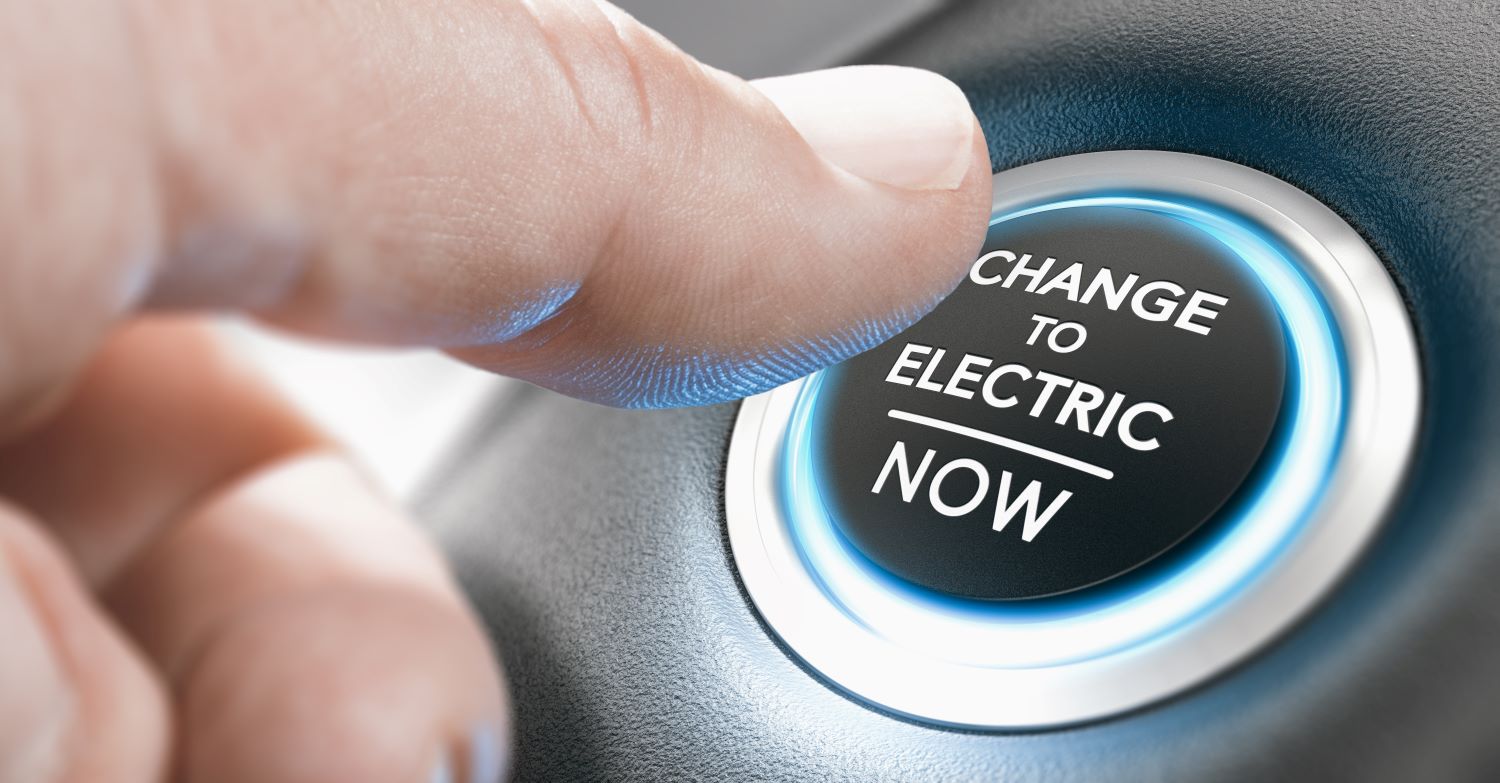March 23, 2023
CARSON CITY, NEVADA – The Public Utilities Commission of Nevada authorized NV Energy to make a $70 million investment in transportation electrification through 2024, focusing on electric school buses and the installation of charging on highway corridors. However, the Commission rejected proposed programs to support the installation of charging stations at homes and workplaces, or public transit bus depots. The decision also cuts NV Energy’s proposed programs to help low-income customers access electric vehicles (EVs) and charging stations, threatening to leave these customers behind in the transition to zero-emission vehicles. Despite legitimate concerns the Commission had concerning NV Energy’s proposed $348 million plan, today’s ruling will leave most Nevadans without utility support for switching to an electric vehicle, which will make it harder for Nevada drivers and businesses to fully access the benefits of electric transportation.
Accelerating the deployment of zero-emission vehicles in Nevada reduces pollution, improves public health, protects our climate, saves drivers money, and helps reduce electricity bills for everyone – whether they drive an electric vehicle or not. Electrifying all light-duty vehicles in the state in line with the state’s climate goals would save drivers more than $14 billion through mid-century, provide $3 billion in benefits for our health and climate, and reduce customer electricity bills by more than $3 billion. Nevada has been racing toward unlocking these benefits, ranking in the top 10 states nationally for light-duty EV market share, which approached 10% in 2022. However, today’s decision is likely to slow Nevada’s progress relative to other states.
“NV Energy’s original transportation electrification proposal was flawed, but we suggested significant modifications to improve the plan and hoped the Commission would find a middle ground to benefit all Nevadans. Instead, today’s decision creates an imbalance where some EV uses are robustly supported by NV Energy while others are entirely neglected. Most notably, those who want to install EV chargers at their homes or workplaces should not have to wait until 2025 for the state to approve such common sense policies.”
This ruling shrinks the EV programs NV Energy will offer going forward, especially as the existing Electric Vehicle Infrastructure Demonstration program will expire this summer. Customers will lose access to educational programs to learn about the benefits of electric vehicles, programs offering technical assistance to customers seeking to install EV chargers, and programs to assist customers with installing charging infrastructure at residences.
“Most EV charging occurs where vehicles are usually parked – at homes, whether single family residences or multi-family apartments; or at workplaces,” said Travis Madsen, transportation program director at the Southwest Energy Efficiency Project. “These locations are where utility support for electric vehicle charging is needed most. We’re disappointed that the final plan does not address these needs. When it comes to meeting Nevada’s climate goals, we should be doing more, not less.”
The decision leaves several gaping holes in Nevada’s electric vehicle policy environment. Clean transportation advocates are particularly disappointed that the Commission denied NV Energy’s proposals to support residential and commercial customers who want to install electric vehicle charging infrastructure at their homes, apartment buildings, workplaces or vehicle depots, including transit services – despite the fact that these kinds of utility programs are common in states that are at the forefront of the electric vehicle transition.
“Leaving out residences, particularly multi-family homes, is a huge missed opportunity,” said Joe Halso, staff attorney with the Sierra Club. “We’re glad to see the Commission approve support for corridor charging and electric school buses. But overall, what has been approved today is far from the holistic support necessary to meet EV drivers’ needs and improve access to clean transportation options for all Nevadans.”
Residential and commercial customers will still be able to install EV charging stations at their properties; however, they will have to do so without any technical or financial support from the utility beyond what currently exists. This may halt or delay electric vehicle deployments that would otherwise be profitable and in the public interest. Advocates expect this to be the case in particular for low-income residents, who tend to have the highest transportation cost burdens and stand to benefit the most from the cost savings electric vehicles can provide.
For example, a typical household in North Las Vegas currently spends about $3,700 per year on gasoline. If that family shifted to EVs, it would save more than $3,000 per year on fuel alone – because electricity in Nevada is comparable to gasoline at less than a dollar per gallon. However, to fully access those savings, the family would need to be able to charge their vehicles at home. A simple 120 volt household outlet can provide 30-40 miles worth of power through overnight charging, but higher levels of driving are better served by a higher voltage outlet, like those that power clothes dryers. Homes and apartments often need wiring work to install such an outlet near where vehicles are parked. Nevada could make more progress on electrifying vehicles, faster, if NV Energy offered support to homeowners, renters and apartment building managers to install needed upgrades.
The programs approved today will be active through 2024. Under Senate Bill 21-448, NV Energy is required to file an updated transportation electrification plan next year, which will go into effect in 2025. Advocates urge NV Energy and the Commission to expand EV support to cover the full scope of transportation in Nevada in future proceedings.
Contact:
James Quirk, 908-902-3177, james.quirk@westernresources.org


